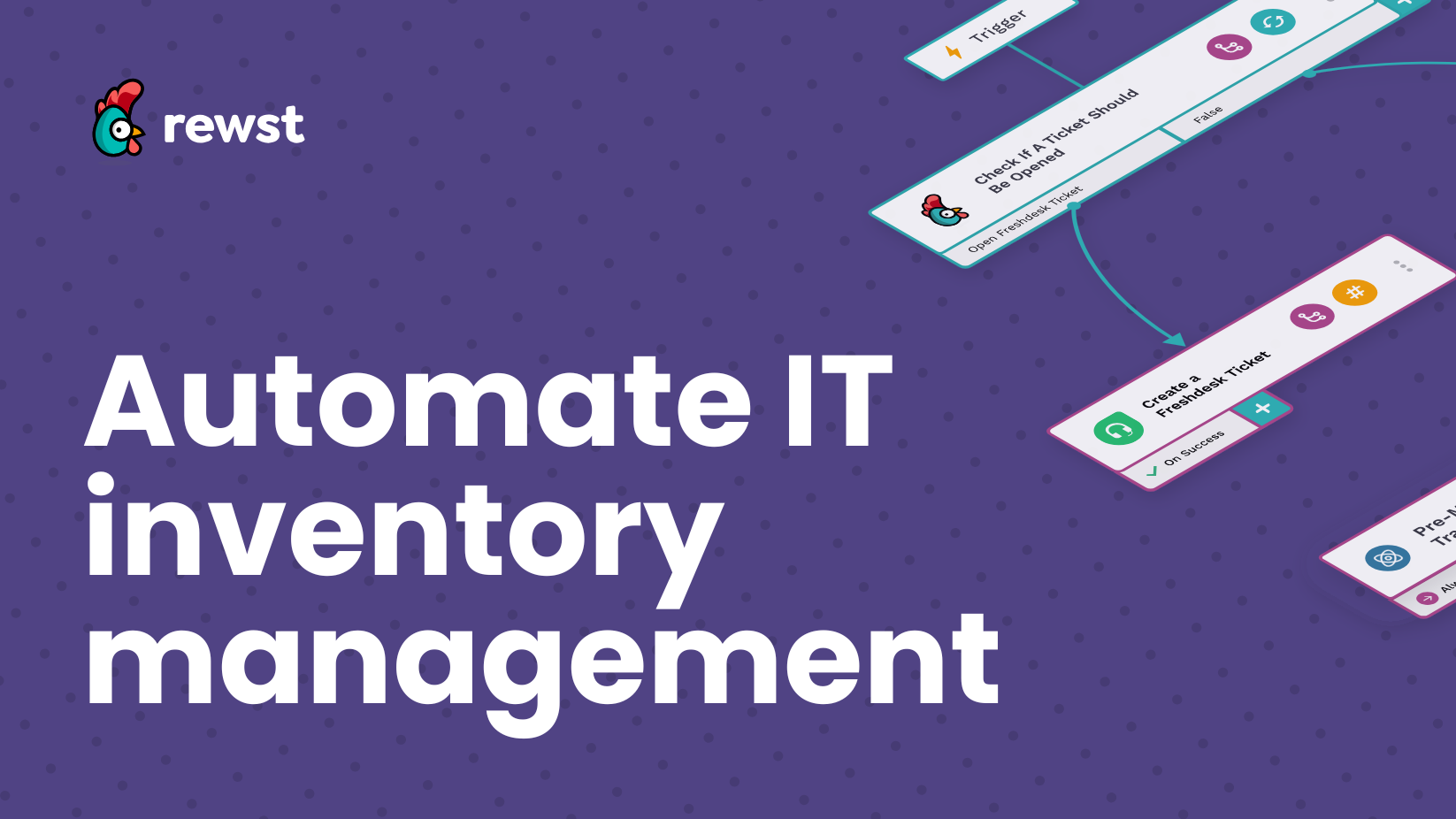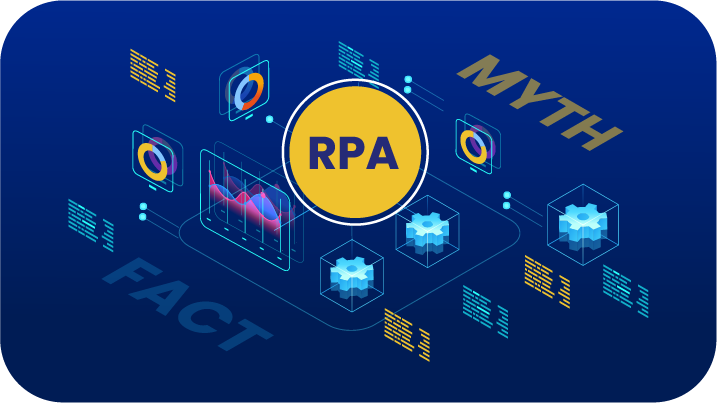No More Flying Blind: A Mature MSP's Guide to Smart SaaS Vendor Selection
Learn how to choose SaaS solutions with top API capabilities, strong vendor support, and robust automation features.

In the dynamic world of managed services, picking the right Software as a Service (SaaS) solutions is increasingly challenging. It’s all about balancing operational efficiency with top-notch security. When evaluating vendors for your essential applications, consider your automation needs alongside your third-party risk management standards. Let’s explore how to choose SaaS solutions with excellent API capabilities and strong vendor support.
APIs and Documentation: The Backbone of Integration
APIs, or Application Programming Interfaces, define the real capabilities of the app when it comes to automating processes, no matter what automation tools you use. APIs are the “language” of how a piece of software interacts with both its internal components and other applications. The kicker: the documentation that comes with an API is just as crucial.
Look for APIs documented with OpenAPI or SwaggerDoc specifications. These standards spell out everything you need to know about the API’s operations, from endpoints to methods and parameters. Think of it as a treasure map for developers. The best API docs come with usage examples, data schemas, and clear explanations of everything from A to Z. A well-documented “Developer” section is your golden ticket to successful automation.
Ensuring Complete API Functionality
When you’re on the hunt for a SaaS application, ensure its API is as powerful as its user interface (UI). In other words, if you can add a user, update records, or retrieve data through the UI, you should be able to do all that and more through the API. This complete functionality lets you automate tasks without manual intervention, making your workflows smoother and your efficiency skyrocket. Ensuring that the API reflects the UI’s capabilities is critical to enabling powerful, flexible automation that can adapt to complex operational requirements.
Rate Limiting: Estimating Your API Needs
Understanding API rate limiting is crucial for ensuring your operations don’t hit unexpected barriers. Start by understanding common tasks—like pulling a customer list, which might require several requests to get all the data. Then, factor in the frequency and volume of both scheduled and ad-hoc automations. Track your regular API calls during normal conditions and peak periods to gauge your needs.
Clarifying API Limitations in Service Agreements
When you’re negotiating with a SaaS provider, get crystal clear on their API limitations. These should be explicitly defined in the service agreement. Knowing these limits helps assess whether a provider can meet your operational needs and sets clear expectations for both sides.
Key considerations include:
- Detailed API Limits: Ensure the agreement specifies the number of allowable API requests per minute or hour.
- No IP-Based Rate Limiting: Ensure the vendor’s API doesn’t slap limits purely based on IP addresses, especially if multiple organizations share the same IP through a shared service.
- Granular Access Control: Make sure you can set up granular access rights to control who can do what within the application, maintaining operational integrity and security.
- Source IP Limiting: You may want to have the option to set source IP restrictions for added security.
- Overage Terms: Understand the consequences and costs if API limits are exceeded, like throttling or additional fees.
- Modification Rights: Check if the agreement allows API limits to be adjusted as your business grows and evolves.
Understanding these details in their service agreements can save you from unexpected roadblocks and foster a more reliable partnership with your SaaS provider.
Vendor Support: Ensuring Priority and Responsiveness
Assessing a SaaS provider’s support is crucial, especially for API-related queries. Some providers might drag their feet on escalating API issues, which can be a significant hang-up if the app is critical to your operations. Ensure the vendor’s support team is well-versed in their API capabilities. Your agreement should include response times specifically for API issues and clear escalation paths for urgent problems.
Wrapping Up
As your MSP progresses in its automation maturity, choosing SaaS applications that meet your current needs and scale with your growth is crucial. By focusing on comprehensive API functionalities, clear service agreements, and responsive vendor support, you can ensure that the SaaS solutions you select enhance your service offerings. These considerations will enable your MSP to maintain high operational efficiency and robust security as you expand your automation capabilities and refine your technology stack.
Latest Blog Posts
Subscribe to Our Blog
Stay up to date with the latest on our platform, automation, events and news.
We're committed to your privacy. Rewst uses the information you provide to us to contact you about our relevant content, products, and services. You may unsubscribe from these communications at any time.








